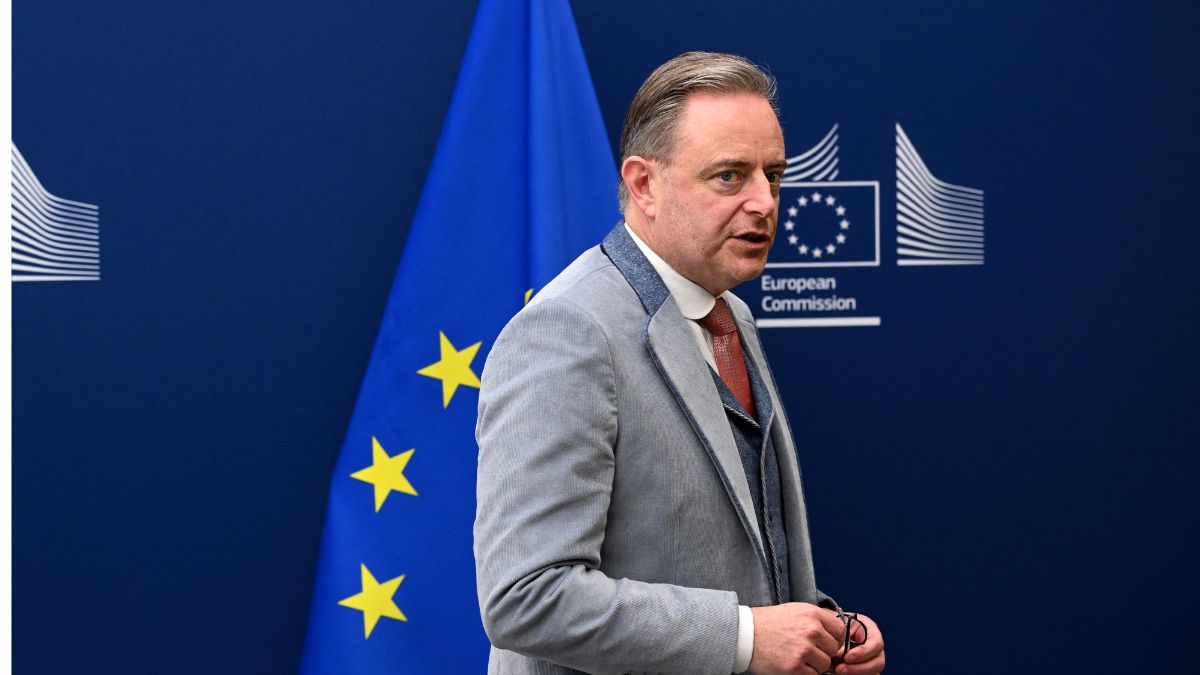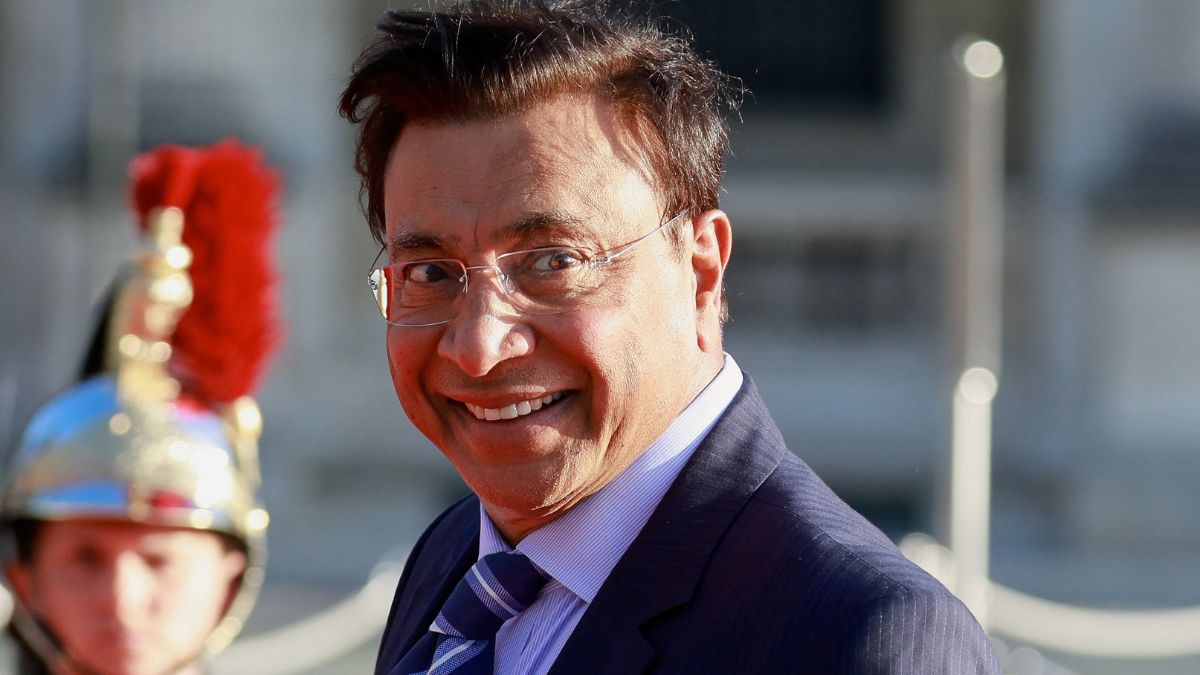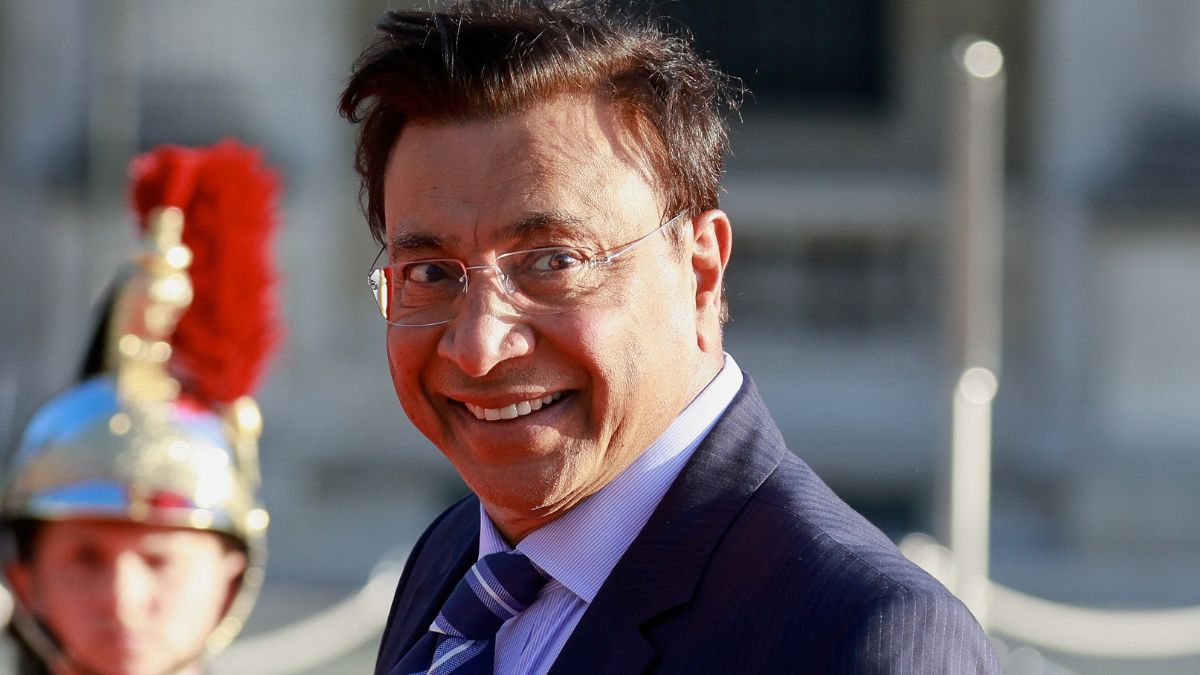Belgium is facing disruption and grappling with widespread fear as three major trade unions launched a coordinated strike this week, running from Monday, November 24 through Wednesday, November 26. Aiming to be the most extensive industrial action in years, focused at protesting the Federal Government’s proposed austerity measures, including slowing automatic wage indexation and raising statutory retirement age.
The disruption led to the closing of schools and blocking the train and air travel. The transport sector has been hit the hardest. Public-sector rail operator SNCB only has about 20 per cent of normal trains running and many international trains either cancelled or rerouted, causing severe delays in cross-border freight and passenger connections.
The protest is scheduled for three days with Trains and other public transport going on strike on Monday following Tuesday in which public services like schools, creches, and hospitals will participate in the strike.
No flights are expected on Wednesday at the country’s two major airports, Bruxelles-Zaventem and Charleroi, disrupting air travel domestically and internationally.
Taxi and ride-hailing services faced long queues as road blockades were organised and placed by the protesters.
The unions have called on Prime Minister Bart De Wever’s government to halt what they term social dismantling in the form of pension cuts, increased VAT, and reduced social security support.
The government insists that the reforms are necessary to ensure fiscal sustainability and fund increasing military expenditures. Political deadlock within the ruling coalition has so far stalled progress on many proposals, heightening tensions.
Quick Reads
View AllThe strike has reignited debate over Belgium’s “right to strike” laws, with legal experts cautioning about the strike’s effect on critical infrastructure like fuel depots and data centres.
The three day strike marks a significant confrontation between labour unions and the government, reflecting growing unrest and concerns over economic austerity amid broader European financial pressures. Negotiations continue, with a government coalition deadline set for Christmas to resolve outstanding issues.


)

)
)
)
)
)
)
)
)



